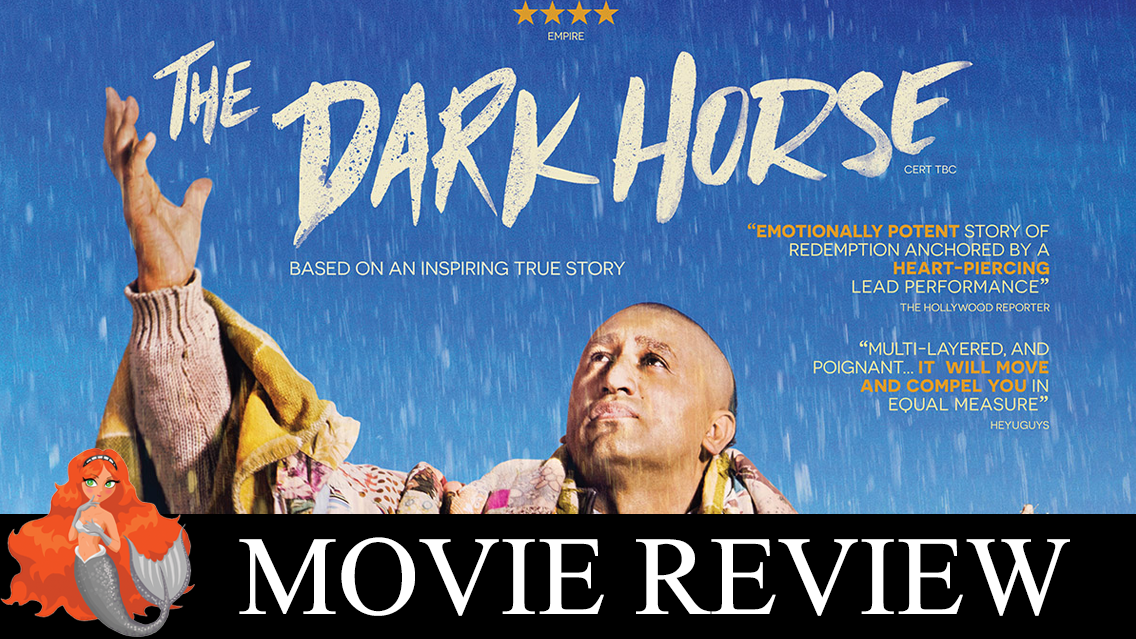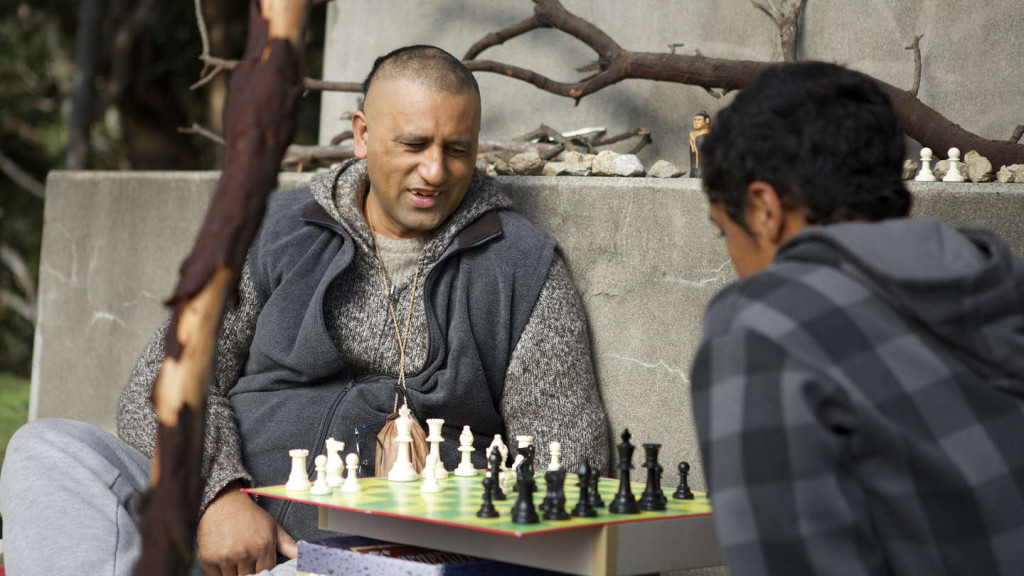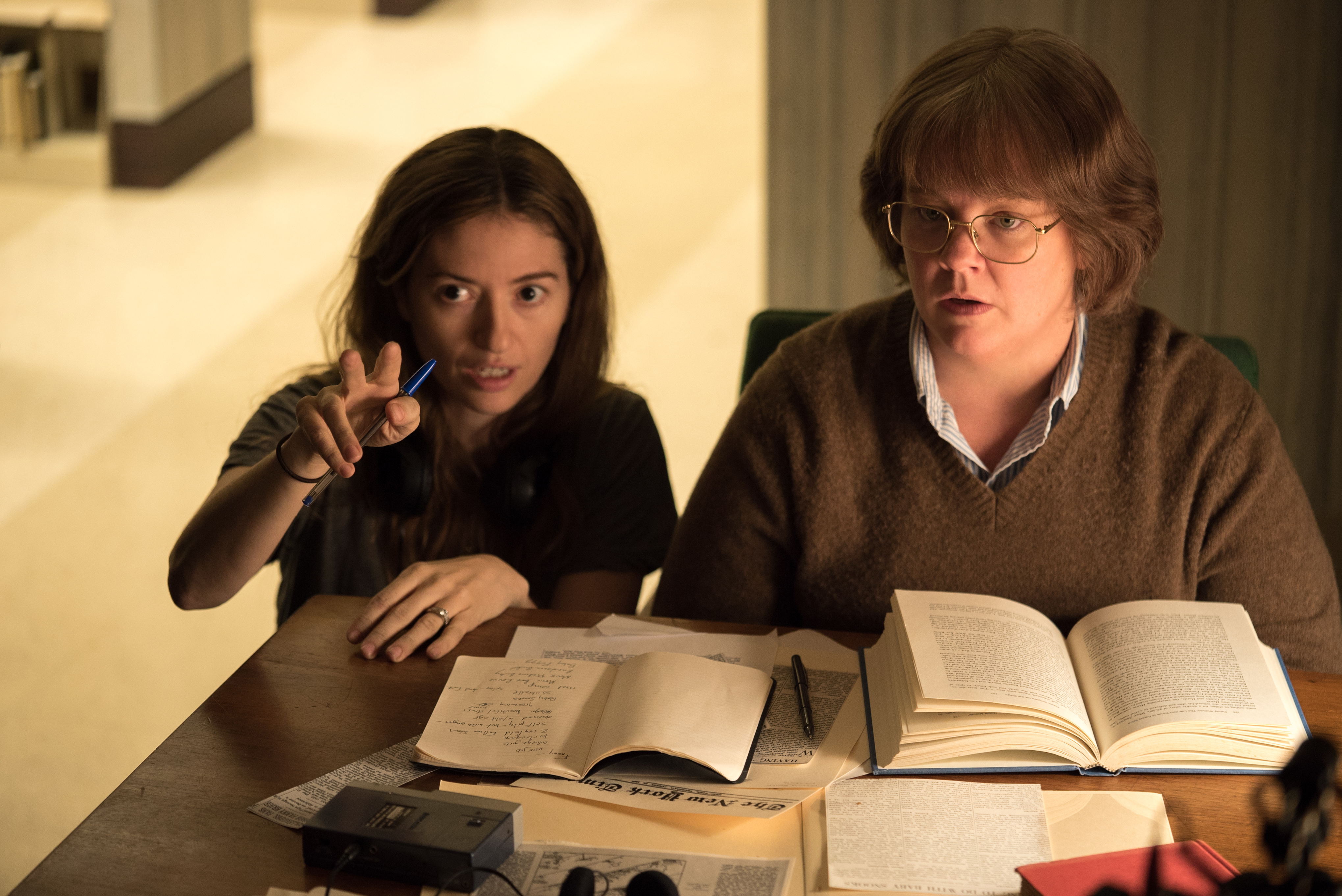

Review Transcript:
Opening for wider release this weekend in the US is the multiple award-winning feature from New Zealand THE DARK HORSE, which has been lauded in its home country as one of the best films in New Zealand film history, and stars FEAR THE WALKING DEAD’s Cliff Curtis. Is it as great and worthy as the kiwis believe, and if so why?
What do you say about a film that is now being used in New Zealand schools and has inspired countless kids to focus on the right path and leave gang ties behind? I’m going to go on record now and say this is my favorite film of the year, thus far, and essential viewing for all indie movie lovers, but stay with me while I explain what makes it so good.
In 2003, James Napier Robertson saw the award-winning documentary DARK HORSE created by filmmaker Jim Marbrook about Genesis Potini, a chess savant with bipolar disorder. Struck by Potini’s magnetism, tenacity, love of life, and his ability to inspire, Robertson went after the rights and approval from Genesis himself to write and direct a feature based on his story. In Robertson’s film, we see that while battling the demons of his illness, Gen built a chess club for at-risk Maori youth, creating a team called The Eastern Knights. They wind up attending the National Chess Championships in Auckland. He does all this this while struggling with medication and watching his brother Ariki commit his teenage son Mana to a demeaning initiation into the street gang he runs.
By all accounts Gen, who was nicknamed, “Da Man”, was a powerful force of change, and had a huge effect on everyone around him. His joy and enthusiasm was infectious, his commitment energizing, and his influence has continued way beyond his untimely death in 2011. Perhaps that’s why Robertson insisted Curtis go entirely method and become Gen, down to staying in character for the entirety of filming. Whatever the reason, it worked. Curtis completely embodies Potini. Many of the finished scenes are the result of multiple takes where Curtis channeled from the the place of emotional extremes. Another brilliant move on Robertson’s part was to cast many Maori non-actors, from members of the chess club, to Wayne Hapi who plays Gen’s brother Ariki and his volatile friends, most of whom were former gang members, some even from rival gangs. As Ariki, Hapi has an authenticity and economy of word and movement that belies his lack of training.
THE DARK HORSE is inspiring, most particularly in showing Gen’s perseverance in the face of so many challenges, but there is also a pervasive tension that nearly rises to action-film or thriller level. As those who have ever known someone with mental illness can attest, for those with bipolar disorder any day can lead to self destruction or utter ruin, and that sense is palpable throughout the film. Also, knowing Gen’s story is based in real life, his nephew Mana choosing the gang life over chess, or his brother Ariki causing those around him serious harm, are real possibilities. It is that mix of tension and drama, and the character arcs structured into the story that make THE DARK HORSE so compulsively watchable.
It will be nice if this New Zealand export gets continued attention and praise as those in the US and elsewhere are exposed to it. Genesis Potini, the man and his story deserves recognition. Writer/director Robertson and all the cast and crew of THE DARK HORSE came together to a light on one person who rose above his own struggle to alter the lives around him, in a community sorely in need of hope and motivation. The end result shows the best of what feature filmmaking can be.
A
Cinema Siren Subscribers: please check out my video review and interview with James Napier Robertson, which will be featured on our Cinema Siren youtube channel: https://www.youtube.com/c/cinemasirenonline
Really, it’s one of the most inspiring interviews about what film can do…check it out!




